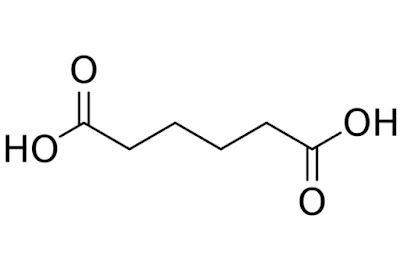Synvina (Avantium and BASF JV) – The first FDCA biorefinery is coming
Furanics have been named the
sleeping giants due to its unexploited potential as biobased chemical building
blocks for a vast range of downstream products and applications. However, it
seems that the giants are awakening. Specifically, the furan-2,5-dicarboxylic
acid (FDCA) is focus of growing attention. Avantium
is leading this revolution and companies like AVA Biochem and Mercurius Biorefining are moving
pieces to occupy a good place in the chessboard. I want to prepare a
monographic post on FDCA biorefining progresses in the short term. In the
meantime, there is very good recent news to report.
BASF
and Avantium announced yesterday the formation of a new joint venture for the
production and marketing of FDCA produced from renewable resources. The name of
the JV is Synvina® and it will be headquartered in Amsterdam (The Netherlands).
It is planned to invest a medium three-digit million Euro sum to build a
reference plant with an annual capacity of up to 50,000 metric tons at BASF’s
Verbund site in Antwerp (Belgium) and to license the technology for industrial
scale production. Synvina will use the YXY process® developed by Avantium for
the production of FDCA.
Figure 1. BASF’s Verbund site in
Antwerp (Belgium). The first FDCA biorefinery will be built there
The best known application of FDCA is PolyEthyleneFuranoate
(PEF), a polyester suitable for food and beverage packaging as well as for
fibers for carpets and textiles. It is claimed to be a substitute for PET as it
offers better characteristics. For instance, improved barrier properties for
gases like carbon dioxide and oxygen and higher mechanical strength. Synvina will
also market PEF based on FDCA and continue Avantium’s established partnering
activities with leading brands (Toyobo, Mitsui, The Coca-Cola Company, Danone
and ALPLA).





